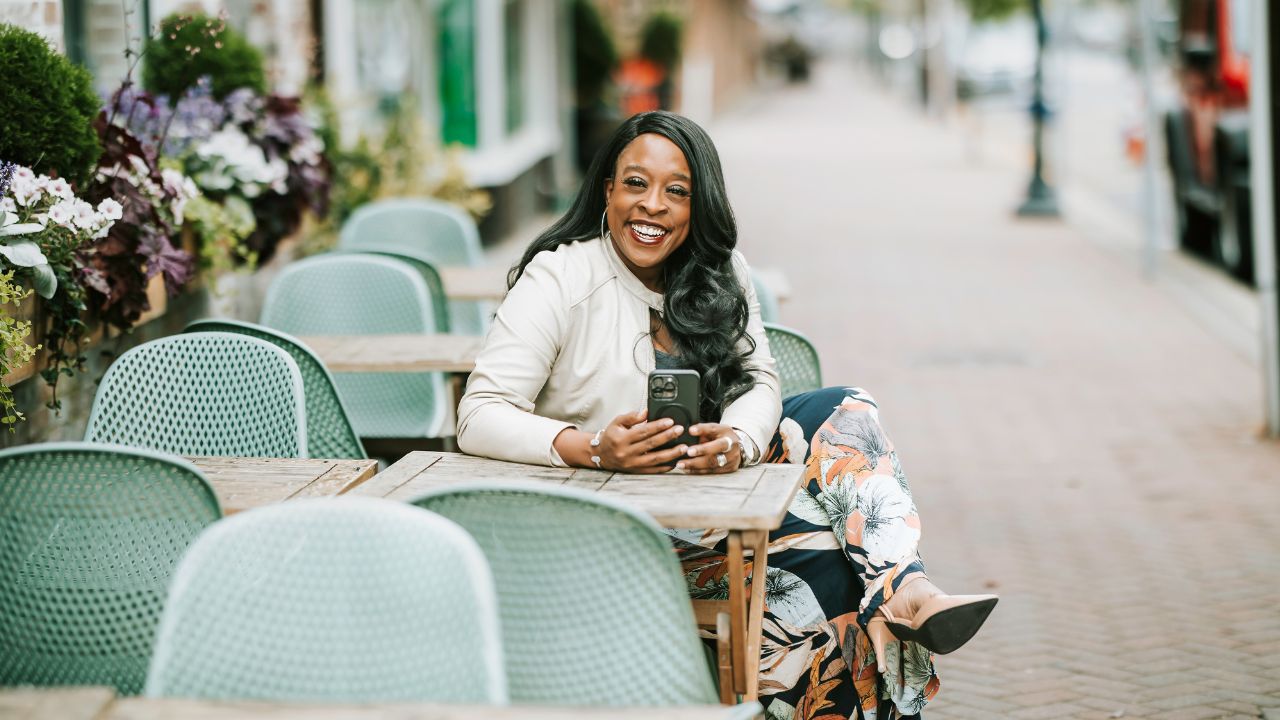
Self-Esteem vs. Confidence: What’s the Difference & How to Cultivate Both
By: Gina Messina
Imposter syndrome is something we are all challenged with from time to time and further developing your self-esteem and confidence is critical to overcoming it. However, it is important to note that although these traits are often spoken about as if they are the same, they are actually different, and both need to be cultivated.
“Esteem” is derived from the Latin aestimare, meaning “to value.” Self-esteem is how you feel about yourself and what you do; it is your sense of self-worth. It also establishes your relationships with yourself, others, and the world.
Confidence comes from the Latin fidere, which literally means “to trust.” Thus, confidence is self-assurance and the ability to trust oneself; it is the capacity to recognize your strengths, know you can achieve your goals, and be comfortable with your decisions.
While they are separate traits, the connection between the two is significant. Women (and men) with high levels of self-esteem are generally also confident and vice versa. Low self-esteem can lead to one being disempowered and lacking the ability to take action.
5 Effective Ways to Cultivate Self-Esteem & Confidence
- Self-Acceptance: Acknowledge your strengths and stop talking about “weaknesses” – instead, reframe them in a positive way to focus on your areas for growth. We all have them, and it is not a negative. Accept that your strengths are what you bring to the team and you can learn from your team to grow in the areas where others have strength.
- Connect with Your Body: According to Amy Cuddy, “Our bodies change our minds, and our minds can change our behavior, and our behavior can change our outcomes.” It is critical to pay attention to our body language. Notice how you sit, stand, whether your arms are crossed and how that makes you feel. How might you change your body position to connote – and feel – confident? Cuddy’s TED Talk is a great starting place to focus on connecting with your body to build confidence. Also check out her PopTech talk on power poses below.
- Shift Self-Talk: Negative self-talk is damaging and you need to stop telling yourself, “I should have said this…” or, “I should have done that…”. Instead, identify those negative thoughts so you can banish them and acknowledge what you are doing well.
- Face Your Fears: Take the leap, do what you fear, and you will often find it isn’t so scary…AND that you are capable. We can’t do everything, so inevitably there will be times you fail, and that is okay. The more you face your fears, the more you will build confidence in your abilities and feel a stronger sense of value.
- Create Action Steps: Set short-term and long-term goals for yourself and create action steps for each. Make this a manageable plan so you don’t feel overwhelmed. For instance, perhaps set one short-term goal a month and three long-term goals for the year. Keep track by using a journal and documenting your success and then be sure to review it at the end of each month.
Both self-esteem and confidence are important – especially for women – to cultivate, given that imposter syndrome continues to be understood as a gendered struggle. We all have fears – worry that we won’t be liked, that our ideas are not good, or that we won’t be appreciated for our talents. This is normal. But you shouldn’t let that hold you back from your purpose and your passion. Working on these tactics might launch you to a new place in your life where you will find that your abilities to make positive change are far greater than you realized.
Gina Messina, Ph.D., M.B.A. is Associate Professor and Executive Director of the Institute for Women, Wellness & Work at Ursuline College. She is also an award winning author and certified leadership coach for women. Connect with her on her website, LinkedIn, and Instagram.
Self-Esteem vs. Confidence: What’s the Difference & How to Cultivate Both
Imposter syndrome is something we are all challenged with from time to time and further developing your self-esteem and confidence is critical to overcoming it. However, it is important to note that although these traits are often spoken about as if they are the same, they are actually different, and both need to be cultivated.
“Esteem” is derived from the Latin aestimare, meaning “to value.” Self-esteem is how you feel about yourself and what you do; it is your sense of self-worth. It also establishes your relationships with yourself, others, and the world.
Confidence comes from the Latin fidere, which literally means “to trust.” Thus, confidence is self-assurance and the ability to trust oneself; it is the capacity to recognize your strengths, know you can achieve your goals, and be comfortable with your decisions.
While they are separate traits, the connection between the two is significant. Women (and men) with high levels of self-esteem are generally also confident and vice versa. Low self-esteem can lead to one being disempowered and lacking the ability to take action.
5 Effective Ways to Cultivate Self-Esteem & Confidence
- Self-Acceptance: Acknowledge your strengths and stop talking about “weaknesses” – instead, reframe them in a positive way to focus on your areas for growth. We all have them, and it is not a negative. Accept that your strengths are what you bring to the team and you can learn from your team to grow in the areas where others have strength.
- Connect with Your Body: According to Amy Cuddy, “Our bodies change our minds, and our minds can change our behavior, and our behavior can change our outcomes.” It is critical to pay attention to our body language. Notice how you sit, stand, whether your arms are crossed and how that makes you feel. How might you change your body position to connote – and feel – confident? Cuddy’s TED Talk is a great starting place to focus on connecting with your body to build confidence. Also check out her PopTech talk on power poses below.
- Shift Self-Talk: Negative self-talk is damaging and you need to stop telling yourself, “I should have said this…” or, “I should have done that…”. Instead, identify those negative thoughts so you can banish them and acknowledge what you are doing well.
- Face Your Fears: Take the leap, do what you fear, and you will often find it isn’t so scary…AND that you are capable. We can’t do everything, so inevitably there will be times you fail, and that is okay. The more you face your fears, the more you will build confidence in your abilities and feel a stronger sense of value.
- Create Action Steps: Set short-term and long-term goals for yourself and create action steps for each. Make this a manageable plan so you don’t feel overwhelmed. For instance, perhaps set one short-term goal a month and three long-term goals for the year. Keep track by using a journal and documenting your success and then be sure to review it at the end of each month.
Both self-esteem and confidence are important – especially for women – to cultivate, given that imposter syndrome continues to be understood as a gendered struggle. We all have fears – worry that we won’t be liked, that our ideas are not good, or that we won’t be appreciated for our talents. This is normal. But you shouldn’t let that hold you back from your purpose and your passion. Working on these tactics might launch you to a new place in your life where you will find that your abilities to make positive change are far greater than you realized.
Gina Messina, Ph.D., M.B.A. is Associate Professor and Executive Director of the Institute for Women, Wellness & Work at Ursuline College. She is also an award winning author and certified leadership coach for women. Connect with her on her website, LinkedIn, and Instagram.





